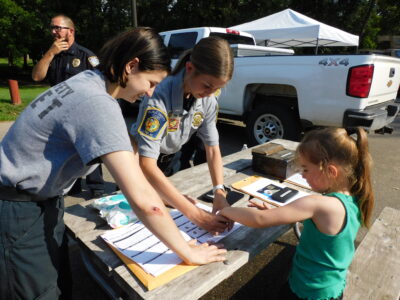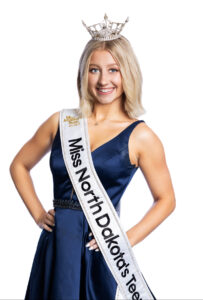RETIREMENT’S COMIC RELIEF: Dream Baby (How long must I dream)
As Roy Orbison referenced in this 1962 hit, before we fall asleep every night I tell Rita, “Sweet dreams, my dear.” It would be nice to enjoy influence over our dreams. If so, we might experience events and places as never before. Maybe a disserted tropical beach, front row seats at a Jimmy Buffet concert or a rerun of a special time we’d like to recall once more. Instead, dreams often make no sense whatsoever.
After schooling was completed in the late ’70s, my nightly dream-reel frequently included an inability to find the classroom where the final examination was to take place, I had forgotten to attend class the entire semester, or that I didn’t have a pencil to record answers.
Once rooted in North Dakota and given the opportunity to play with the Minot Symphony Orchestra (MSO), these final examination nightmares were quickly augmented with other dreams. They included showing up for a concert, then realizing I left my violin, music or sometimes trousers, at home. By the time I got my pants on or retrieved a missing element, the concert was over. Forty-five years later, these Twilight Zone dreams have diminished a bit – replaced with repetitive, conscious recollections of actual MSO happenings.
During a concert played in the ’80s, Jimmy Tengesdal and I shared a music stand. Jim sat nearer to the audience as I sat to his left. As we approached the end of a tricky number, every musician’s nightmare occurred. I turned toward the music’s final page – but it, along with all its notes were missing. After searching in vain for it briefly, I sat up a bit taller and realized the music on the concert master’s stand ahead was readable. I resumed playing. Jim, however, was not so fortunate and left music-less.
Suddenly, he spotted a single sheet slightly elevated above other music, took hold and slid it out. It was the missing page. The ending of this symphonic nightmare was far better than those in my dreams.
When Jerald Sundet directed the orchestra during the ’70s, an announcement came from the MSO Board that our group’s financial picture was dismal. Players were encouraged to offer suggestions to help reduce expenses. I came to the next rehearsal with a printed synopsis of ideas sure to upright the sinking ship. Coincidentally, it happened to favor the violinists. It was a “pay for play” proposal. Every musician would be paid by the number of notes played. More notes meant more pay. In addition, it seemed reasonable to link pay to the pitch of each note. The higher the pitch, the higher the pay. Based on facial expressions and show of hands during the vote on the proposal, there was reason to fear the trombones, tuba, violas, cellos along with a bass or two would lynch me.
Musical nightmares aren’t regulated to players only. During intermission of an April 1 concert during Dan Hornstein’s tenure with the baton, legend has it that a certain player visited the conductor’s podium during intermission to Scotch-tape a page from a risqué men’s magazine inside the conductor’s score set for use after the concert resumed. Once underway again, Hornstein came upon the page in question. His eyebrows reached for his hairline as he hastily turned another page to keep those in the balcony from observing what was in front of him as his arms flailed erratically. The actual nightmare occurred when the orchestra began the next number. Although written in a 4:4 time signature, Hornstein was so discombobulated, he began conducting only three beats per measure. Amid massive confusion, the orchestra ground to halt within seconds. Dan turned slowly to the audience and said, “If we were on the golf course, this would be called a mulligan.” We started over.
I now understand the difference between sweet dreams and nightmares. When you awake from a dream, you know something unfortunate didn’t really happen. When not sleeping, even some April Fool’s-type nightmare events may provide a morsel of levity.
Sommers is a retired Minot orthodontist, past president of the N.D. Dental and Orthodontist Associations, husband, father, grandfather and reluctant diaper changer (not his — grandkids’!)




